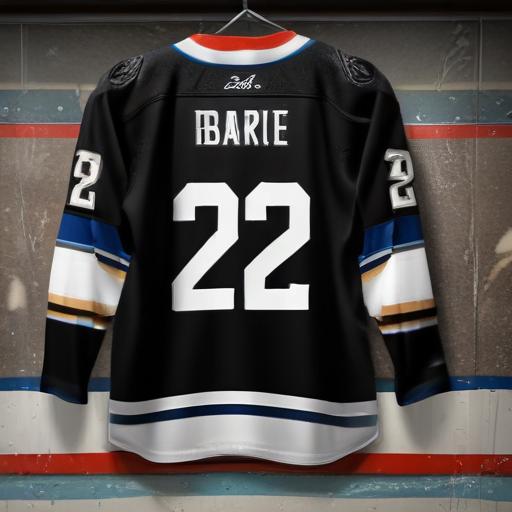Tyson Barrie has announced his retirement from professional hockey after a 14-season NHL career. The 34-year-old Victoria, B.C. native departs the league having played 809 games for five teams—Colorado Avalanche, Toronto Maple Leafs, Edmonton Oilers, Nashville Predators, and Calgary Flames. Known for his offensive instincts from the blue line, Barrie finishes with 109 goals, 396 assists, and more than 500 career points.
Drafted 64th overall in 2009 by the Avalanche, Barrie broke into the NHL in the 2011-12 season. He built a reputation as a puck-moving defenseman who could quarterback the power play, a skill that shone particularly during his time with the Oilers, where he helped lead the NHL’s top-ranked power-play unit in 2021.
Barrie’s career spanned five teams and nearly a decade and a half of professional hockey, during which he became a trusted contributor on offense from the back end. His combination of vision, passing, and shooting helped teammates generate scoring chances and kept him in the conversation as a valuable quarterback on many special-teams units.
Beyond the numbers, Barrie leaves behind a legacy of leadership and consistency. He brought a notable offensive punch from the blue line and was a regular presence in the lineup, contributing to the success of each organization he joined. As he steps away from the ice, fans and teammates can celebrate a career defined by playmaking ability and a willingness to contribute in multiple roles.
Summary: Tyson Barrie retires after 14 NHL seasons, having played 809 games for five teams and posting 109 goals, 396 assists, and over 500 points. A former 64th overall draft pick who debuted in 2011-12, he established himself as a skilled power-play quarterback, most notably guiding the Oilers to a top-ranked unit in 2021. His impact on the ice and leadership will be remembered by fans and colleagues alike.
A hopeful note: Barrie’s career showcases the staying power of skilled defensemen who can drive offense from the back end, a quality that will inspire younger players and keep his legacy alive in the hockey community. If he pursues opportunities after retirement, his experience and hockey IQ could serve him well in coaching, analytics, or broadcasting.
